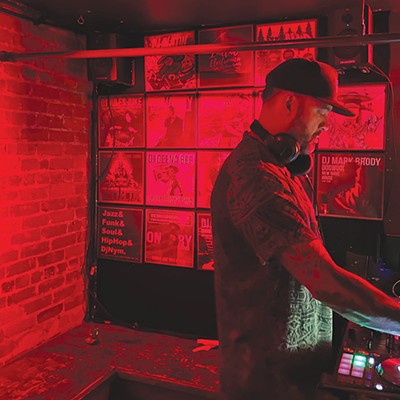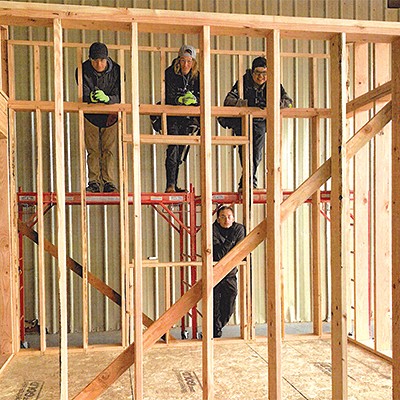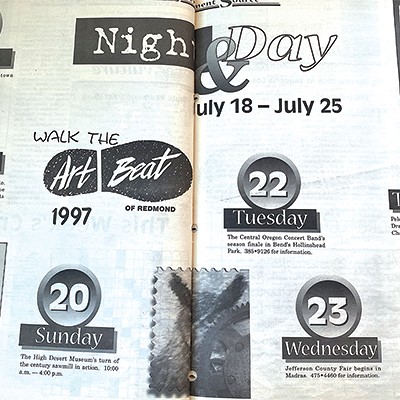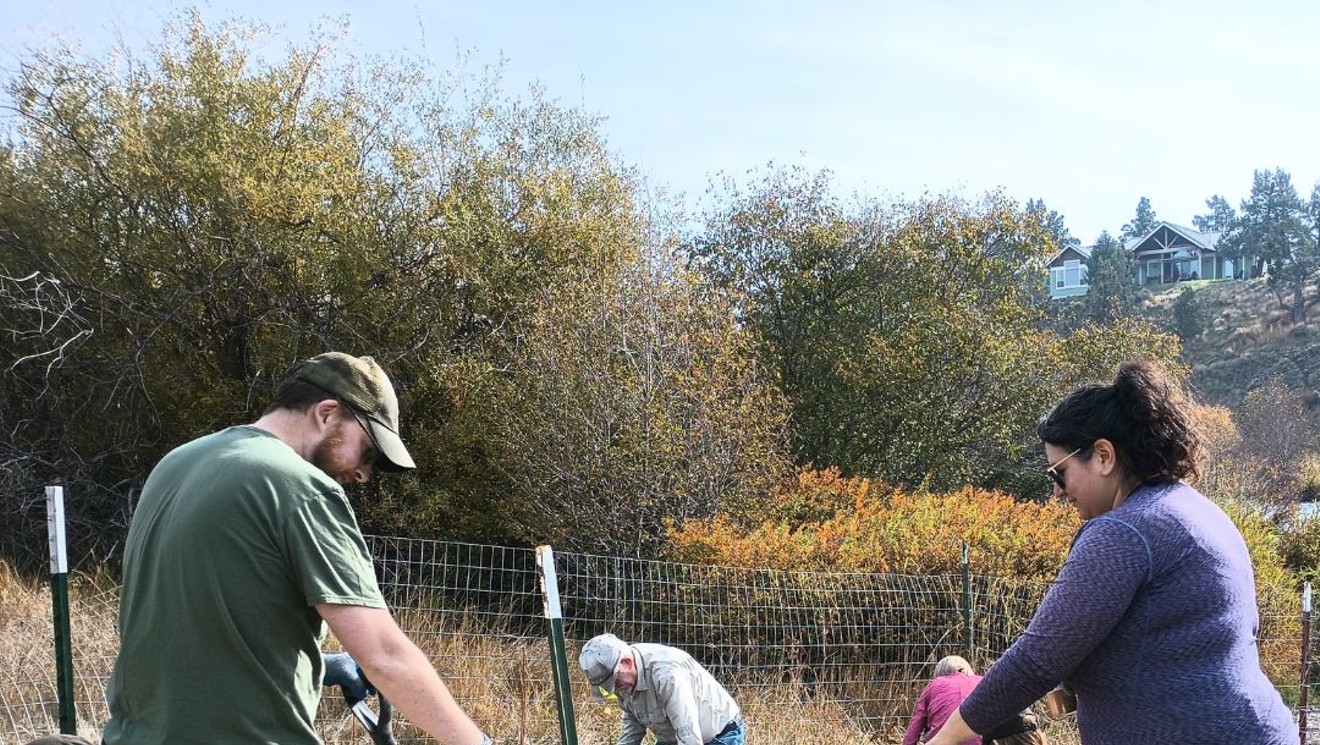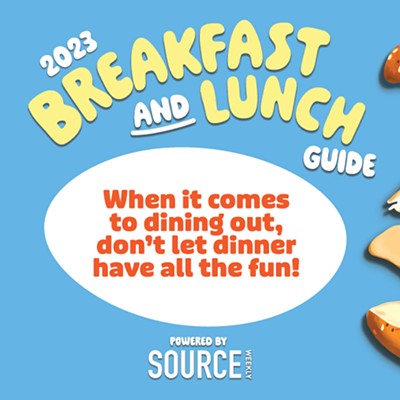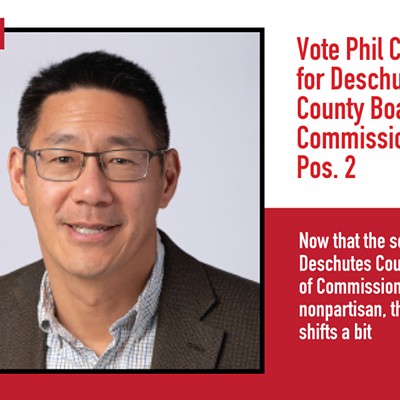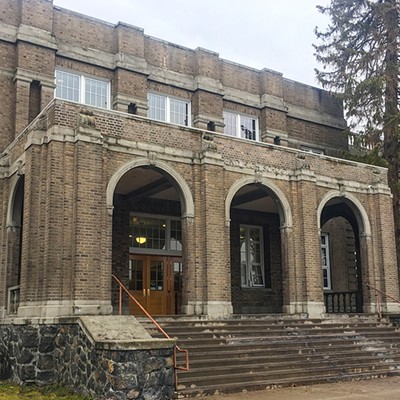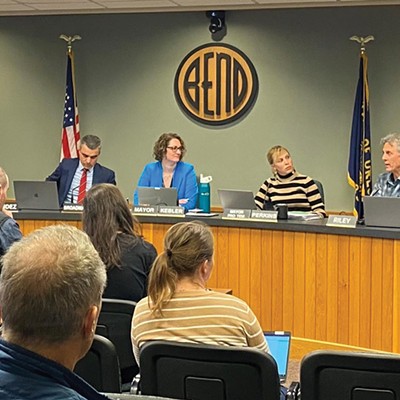On the whole, Bend residents are happy with their quality of life, according to a 2015 survey conducted by DHM Research and presented during a work session at last week's City Council meeting.
The survey polled 400 Bendites by cell phone and landline, and revealed a general upward trend in many major indicators (livability, economic opportunities and confidence in City government), and provided a window into the concerns, perceptions and habits. An impressive 90 percent rated Bend as an "excellent" (62 percent) or "good" (28 percent) place to live. And the reasons why are hardly surprising. More than 90 percent explained that they like living in Bend for reasons related to the outdoors, the environment, and recreation.
"Bend is the gold standard for communities in Oregon. People live here because they want to live here," explained James Kendall, the DHM associate who presented the information.
Yet, in spite of these rosy assessments, there are some troubling trends which do not point toward sustainability—some that are recognized by residents and others that are, ironically, self-inflicted.
Most of the concerns expressed in the survey were related to transportation. Traffic congestion and the condition of roads were high on the list of concerns. Overall, when it came to transportation issues, 47 percent of the responses concerned issues affecting travel by car. The top two transportation issues respondents felt the City should address were road infrastructure (26 percent) and traffic congestion (17 percent).
Sure, the City of Bend could push harder to improve roads and transportation—and we have expressed this sentiment for some time now, and will continue to do so, especially as 5,000-some college students settle into the city over the next decade with the expansion of Oregon State University–Cascades, and as tens of thousands of additional residents move to Bend, attracted by its very virtues identified in the survey. Yes, if nothing is done, these transportation problems will only intensify.
But really, the easiest, most cost-effective and healthiest solution is for Bendites to examine their own habits—and stop driving so much!
Alarmingly, although the survey found that residents are frustrated by congestion, it also showed that we increasingly are contributing to this problem, and not seeing ways in which it could be corrected or giving much concern to the solutions. Only 24 percent cited some type of public transportation issue as a top priority, and only 6 percent of voters offered bike-friendly lanes as a primary concern.
This wide-spread disinterest in alternative transportation is not surprising considering the transportation habits that the survey also highlighted. The vast majority of those surveyed travel primarily by car, often alone—and this trend is only worsening. Over the two years since the last survey in 2013, the ratio of auto versus non-auto travel has shifted even further in favor of cars (and, in particular, solo trips). Two years ago, 63 percent of respondents said that they most often travel alone in a car or truck. This year that number ratcheted up to 74 percent, while other modes decreased; walking went from 5 percent to 3 percent, and bicycling dropped from 3 percent to 2 percent. Bussing remained at 2 percent.
The findings from this survey are incredibly troubling. They show that we as a city are identifying problems, but are not comprehending why these problems are happening and the role we each play in contributing to the them. That is, we are part of the problem, and not part of the solution.

